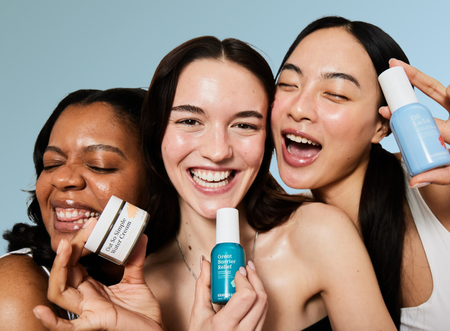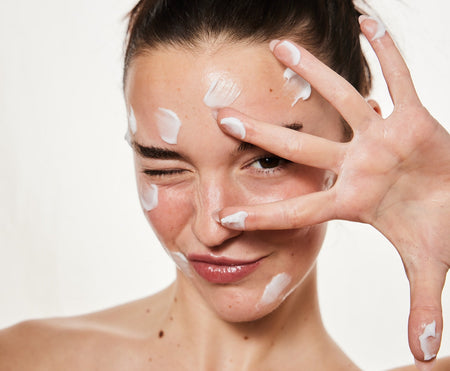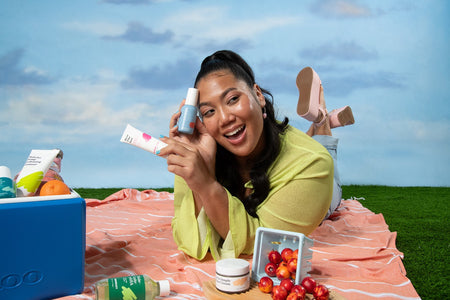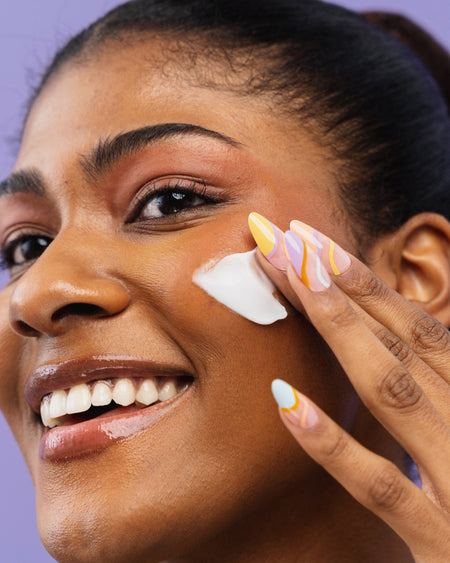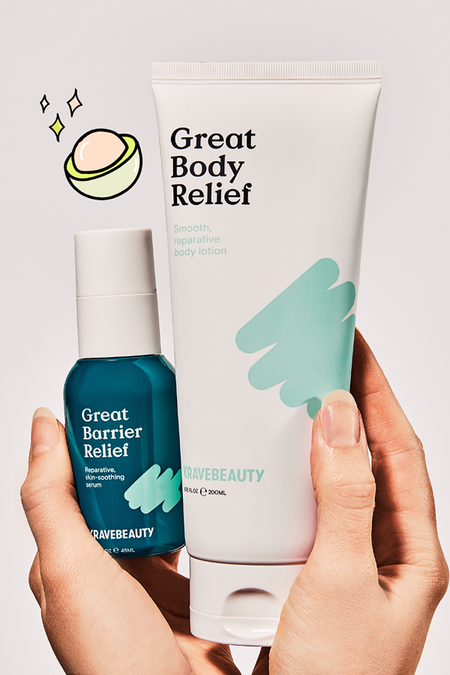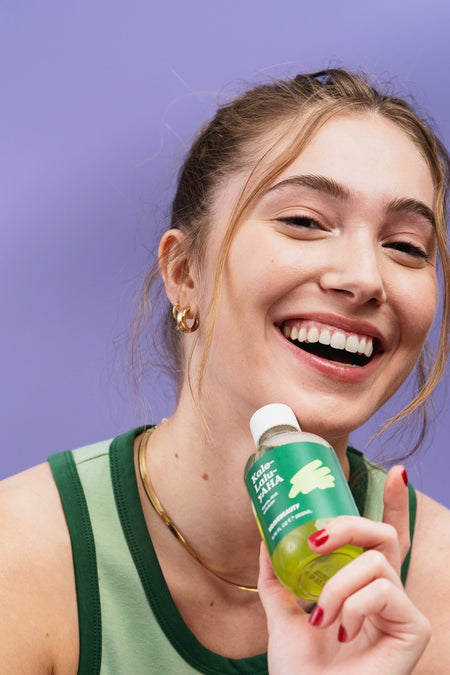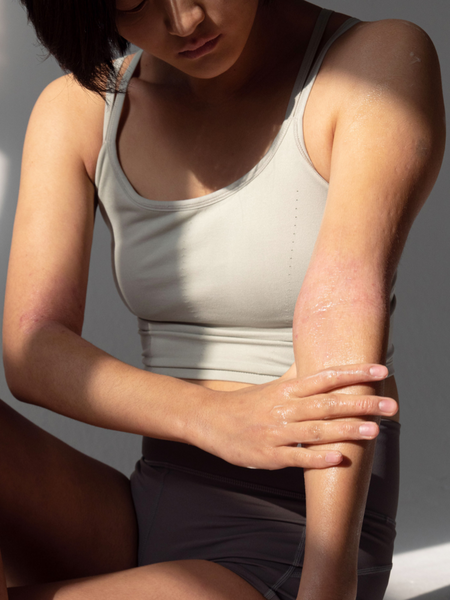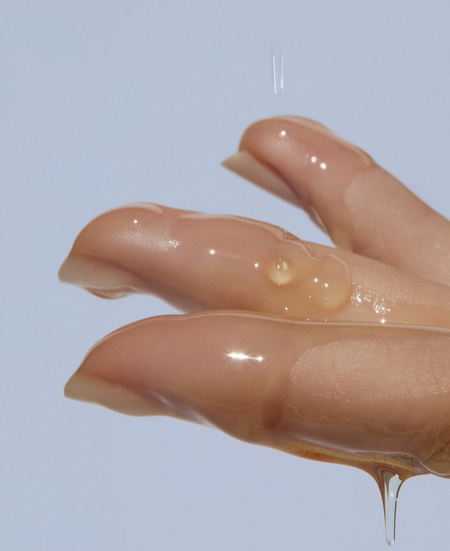Five Rules to Control Your Oily Skin

When you have oily skin, it’s easy to fall into the trap of instant gratification. Washing and scrubbing your face until it feels super squeaky clean and aggressively mattifying your skin with astringents reduces shine immediately but ultimately makes things worse in the long run. Here are five rules to follow to help fix the underlying problem, not just temporarily get rid of the symptoms.
Rule #1: Properly Hydrate and Moisturize
- Sebum has a purpose. Our body produces it for a specific reason, and it’s to moisturize our skin. The more you aggressively dry out the shine and excess grease, the more your skin will overproduce sebum in an attempt to protect your skin barrier.
Rule #2: Cleanse Gently
- Cleansing products contain something called surfactants, which are the detergents that bind to the oil on your skin and dissolve them in water when you wash your face, enabling us to get clean. The downside of cleansing too much is that these surfactants can dissolve our natural lipid barrier. The more you wash your face, the drier your skin gets, which means there’s more reason for your skin to overproduce sebum. Switch your cleanser to a gentle, non-foaming, gel cleanser that is SLS-free and has a pH of 4.5 to 6. Also, do not leave cleansing water on your skin! Cleansing water contains surfactants that will continue dissolving the healthy lipids in your skin if you do not wash it off.
Rule #3: Oil is Not Your Enemy!
- Not every oil is your enemy. Oily to combination skin types tend to be deficient in linoleic acid, which is an essential fatty acid. Sebum deficient in linoleic acid is stickier and more likely to clog pores, so if you choose the right oil that is high in linoleic acid, it can really help rebalance your skin.
Rule #4: Look for Sebum-Regulating Ingredients Like Niacinamide and Zinc
- Niacinamide is a great ingredient for regulating sebum production. The interesting thing is that it doesn’t regulate sebum by blocking your oil production, but rather by boosting your ceramide production so your skin stays naturally more hydrated and moisturized. Therefore, your sebum doesn’t need to overcompensate for dryness.
- Zinc is special because it is known to be a sebum inhibitor. Zinc comes in many forms including zinc PCA, zinc sulfate, and zinc oxide.
Rule #5: Your Diet Matters!
- Vitamins A and D are fat-soluble vitamins that affect our sebaceous glands. Vitamin A is one of the most important vitamins for healthy skin, and Vitamin D helps reduce oil production.
- We’ve already talked about zinc in skincare, but it can also reduce the quantity of your skin surface sebum upon consumption!
- You will also want to stay away from the foods that will encourage your sebaceous glands to pump out more oil, such as sugar, high-glycemic foods, and dairy. These foods are the ones that can affect acne and trigger inflammatory responses in the body. It’s best to stay away altogether, or keep these at a minimum level in your diet!




